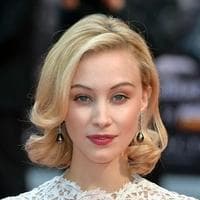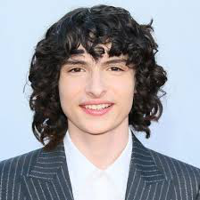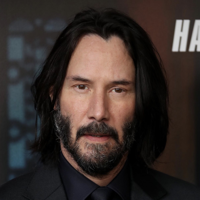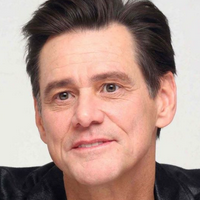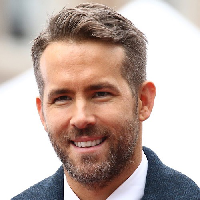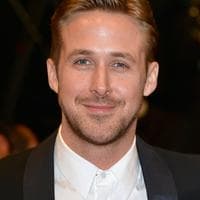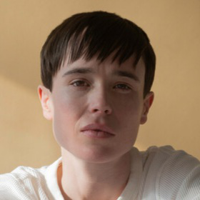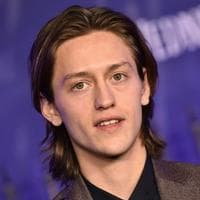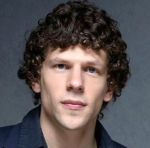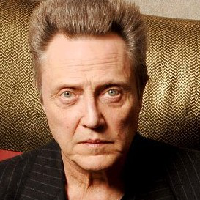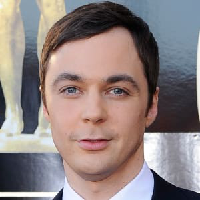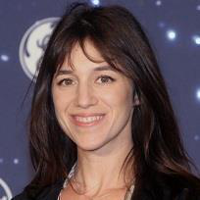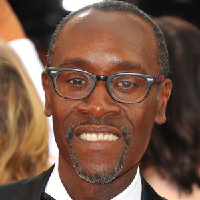Sarah Gadon MBTI -Persönlichkeitstyp
Persönlichkeit
"Welcher Persönlichkeitstyp ist {profilename}? {profilename} ist ein {MBTI} -Persönlichkeitstyp in MBTI, {enneagram} - {iv} - {tritype} in EnneArgram, {big5} in Big 5, {socionics} in Socionics."
Biografie
Sarah Gadon (born April 4, 1987) is a Canadian actress. She first gained recognition for her performances in David Cronenberg's films A Dangerous Method (2011) and Cosmopolis (2012). She has guest starred in a number of television series, including Are You Afraid of the Dark?
